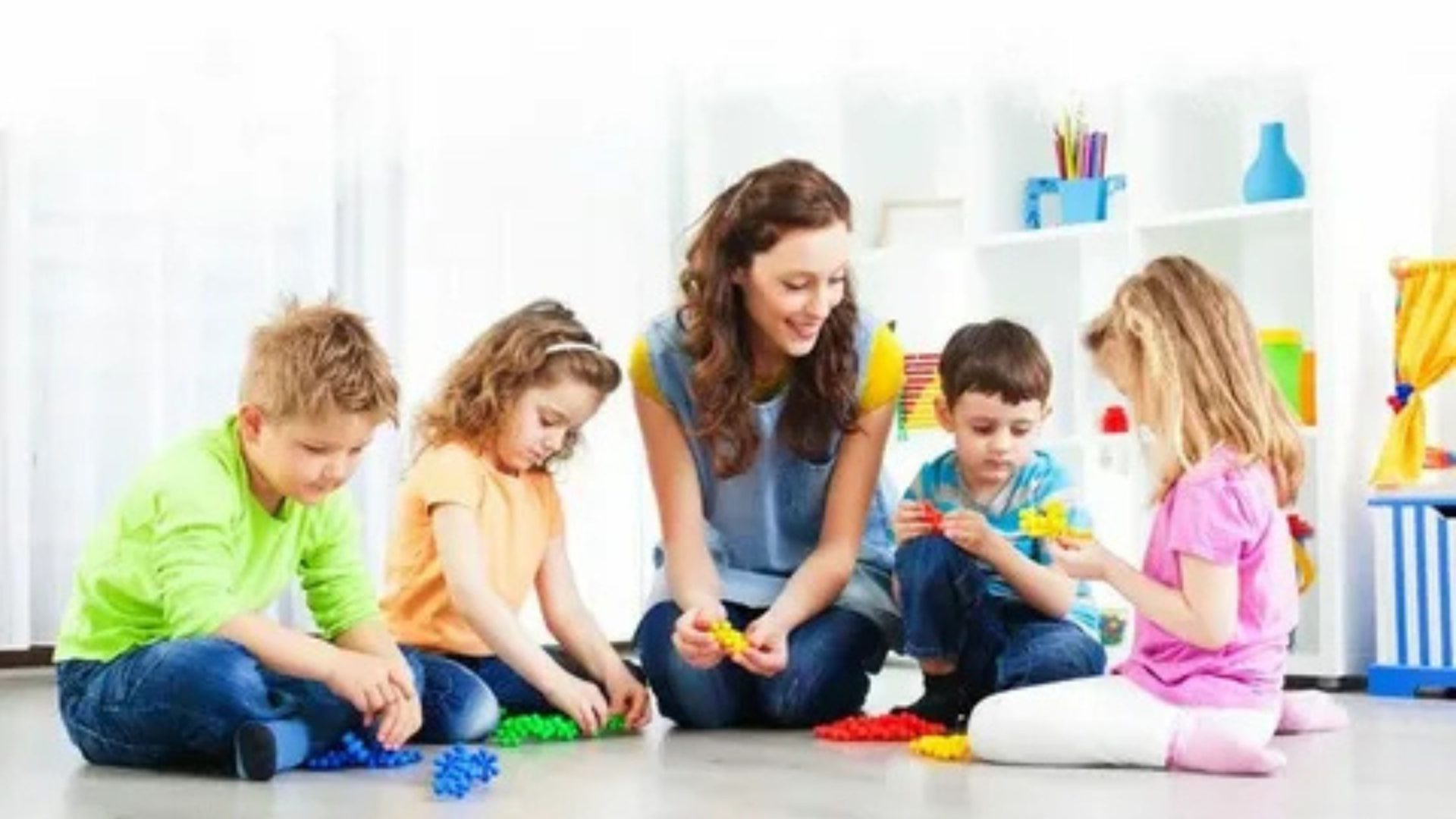Choosing the right childcare can feel like a big decision. As parents, you want the best environment for your little one. Two popular options are Montessori childcare and traditional daycare. While both aim to provide a safe space for children to grow and learn, they differ in their methods, goals, and approaches. Let’s explore what makes them unique to help you decide which one is right for your family.
What Is Montessori Childcare?
Montessori childcare is rooted in the educational philosophy of Dr. Maria Montessori. It focuses on child-led learning, independence, and hands-on experiences. In this setting, children are encouraged to explore activities at their own pace.
The classrooms are carefully designed to foster independence and creativity. Instead of being told what to do, kids choose their activities based on their interests. The materials are hands-on, such as puzzles, counting beads, or sensory tools, which help children develop practical skills while having fun.
Montessori teachers play the role of guides rather than traditional instructors. They observe and support the child’s individual needs, making the experience tailored to each child’s development.
What Is Traditional Daycare?
Traditional daycare focuses on providing a structured environment for children. These programs often include a fixed schedule with group activities, nap times, and meals. The aim is to create a consistent routine that helps children adjust to a group setting.
Activities in traditional daycare tend to center around group participation, such as storytime, arts and crafts, and outdoor play. This approach emphasizes socialization and teamwork. Teachers or caregivers lead the activities, ensuring that all children stay engaged and follow along.
Key Differences Between Montessori and Traditional Daycare
Here’s a closer look at the main differences between the two approaches:
1. Learning Style
Montessori childcare emphasizes self-directed learning, while traditional daycare typically involves teacher-led activities. Montessori kids often explore subjects like math, science, and art independently. On the other hand, traditional daycare uses group activities to keep everyone on the same page.
2. Structure
Montessori classrooms are less structured, allowing kids to move freely and choose their tasks. Traditional daycare is more schedule-driven, with set times for snacks, naps, and activities.
3. Focus on Independence
Montessori programs prioritize independence. Kids learn practical life skills like tying shoes or pouring water. In traditional daycare, caregivers provide more guidance and assistance.
4. Classroom Setup
Montessori environments are designed to be calm and organized, with child-sized furniture and materials. Traditional daycare classrooms may be more lively and colorful, with toys and decorations that appeal to group activities.
5. Socialization
In Montessori settings, children often work alone or in small groups. This encourages concentration and self-discipline. Traditional daycare places more emphasis on group play and teamwork, helping kids build strong social skills.
Which Option Is Better?
There’s no one-size-fits-all answer. The best choice depends on your child’s personality and your family’s needs.
Montessori childcare might be a good fit if your child thrives on independence and prefers quiet, focused activities. It’s also a great option if you want an educational approach that nurtures curiosity.
If your child loves group activities and benefits from structure, traditional daycare could be a better match. It provides a predictable routine and opportunities for teamwork and social bonding.
What to Consider When Choosing
- Your Child’s Needs: Does your little one enjoy exploring independently or playing in groups?
- Your Schedule: Montessori programs may have specific hours, while traditional daycare often offers more flexible options.
- Budget: Montessori childcare can be more expensive due to its specialized approach.
Final Thoughts
The goal of child care is to create a safe, nurturing environment where kids can grow and thrive. Whether you choose Montessori childcare or traditional daycare, your decision should align with your child’s unique personality and your family’s priorities. By understanding the key differences, you’re better equipped to make an informed choice that sets your child up for success.
